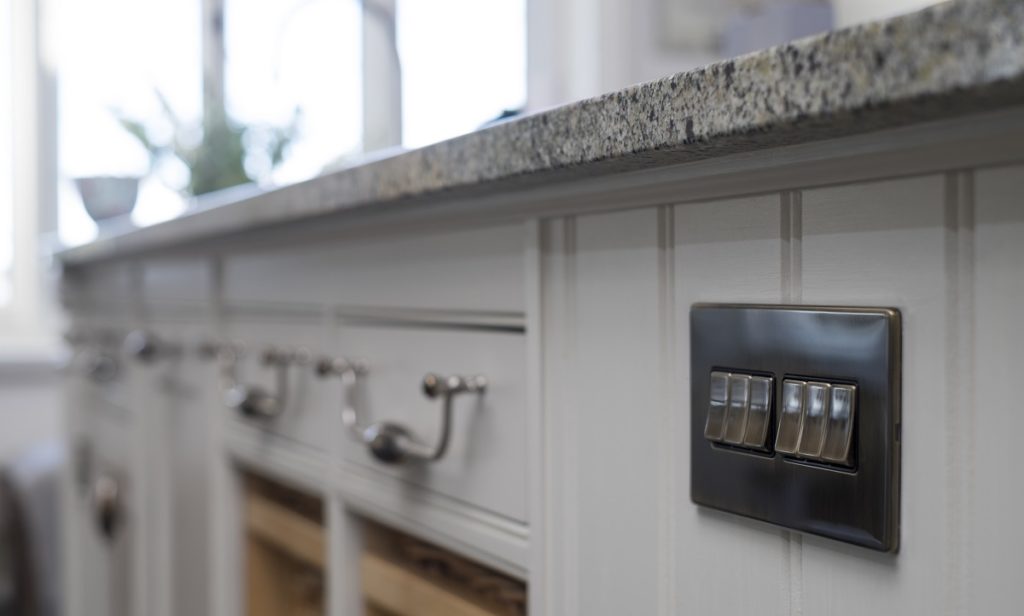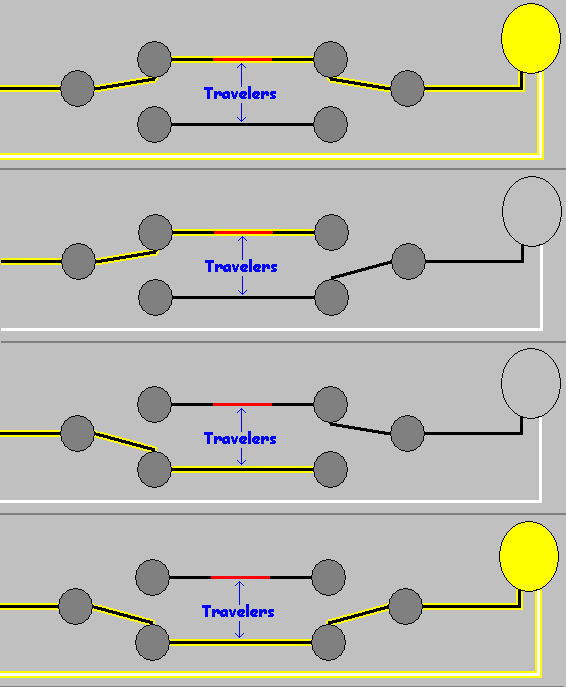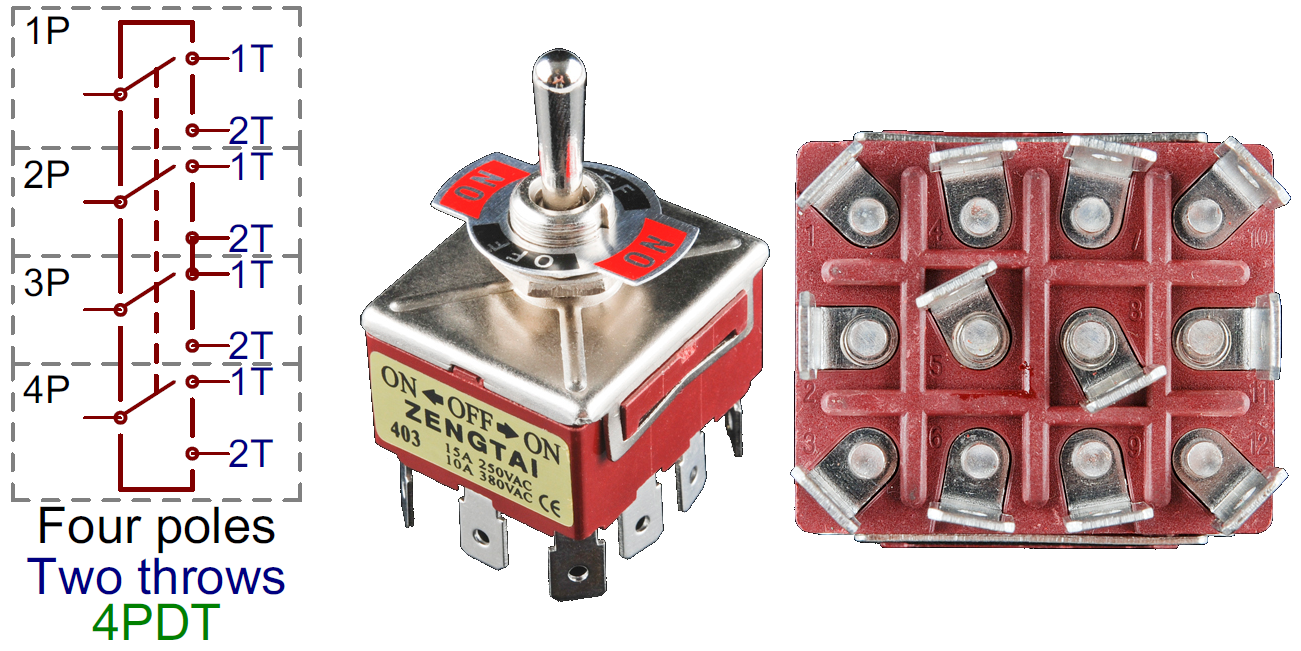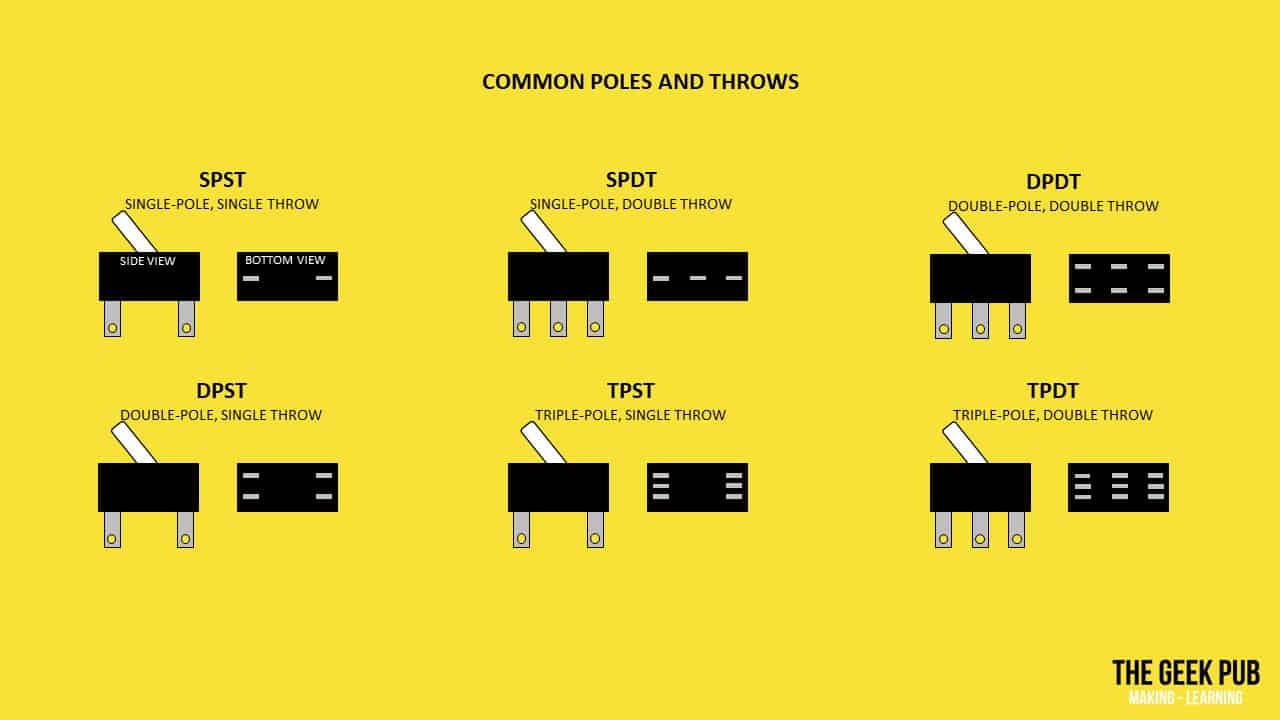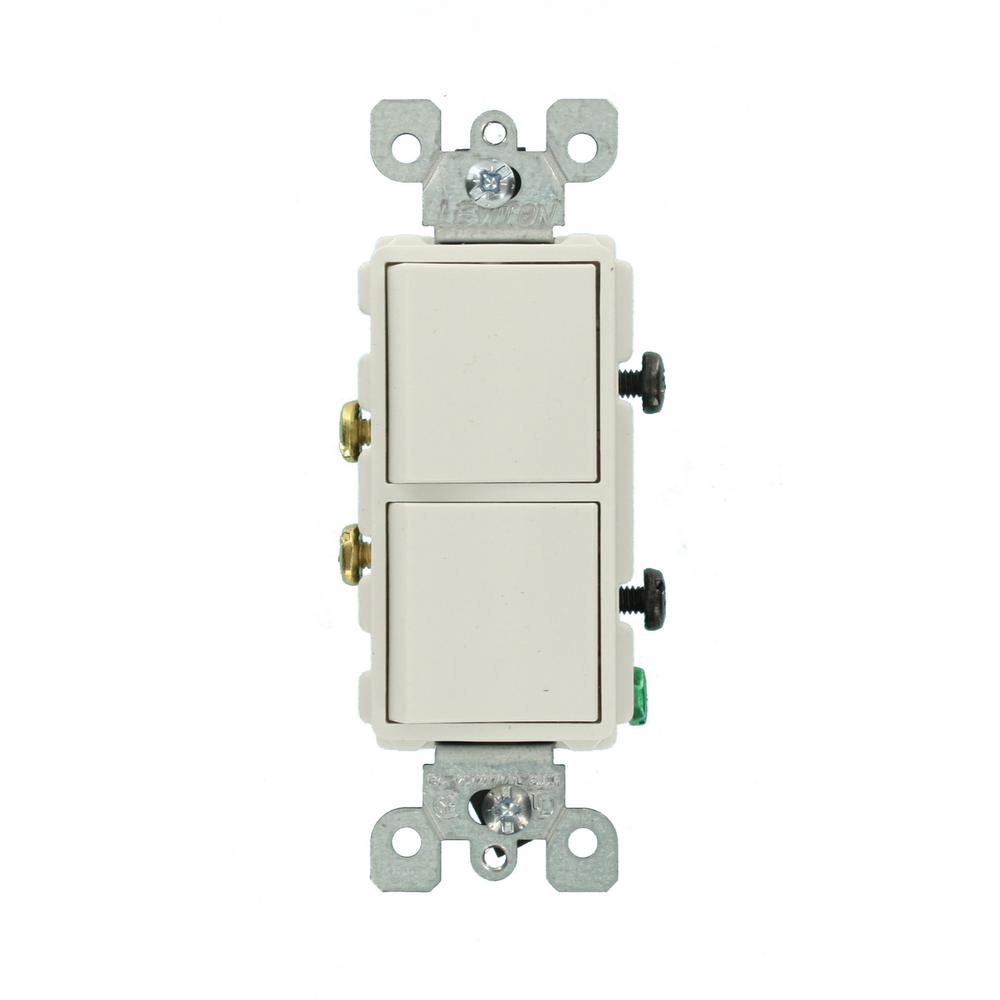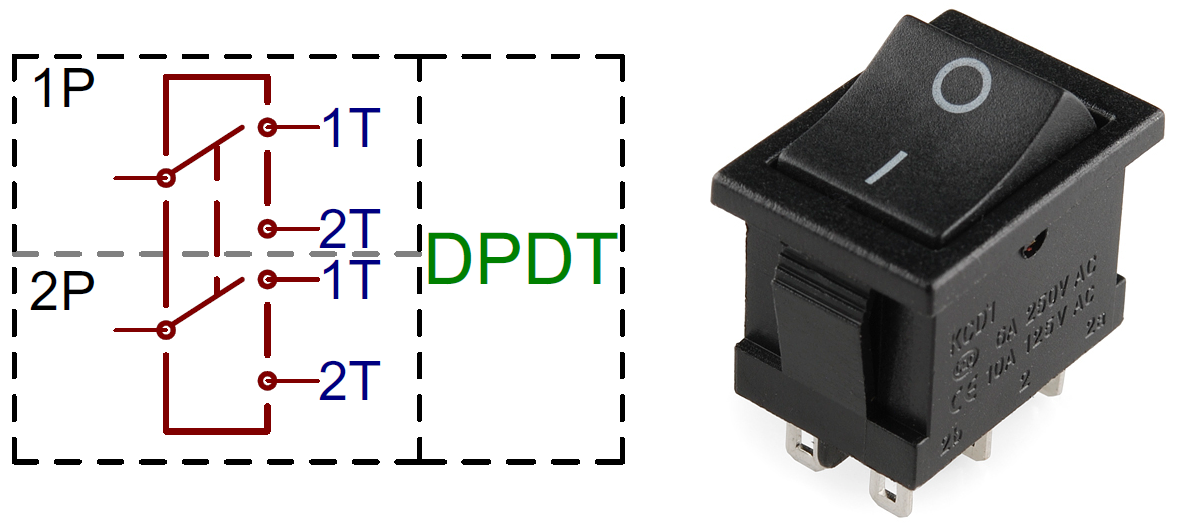Whereas a single pole switch has on and off markings a three way switch doesnt. Has two terminals for spst single pole single throw or three for spdt single pole double throw has four terminals for dpst double pole single throw or six for dpdt double pole double throw controls a single circuit.
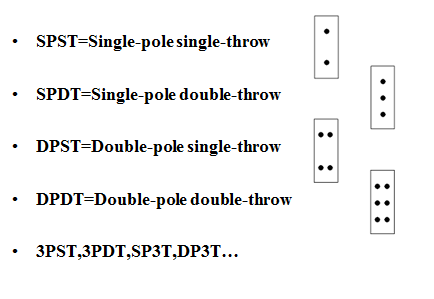
Series 1 Nkk Switches
Single pole switch vs double pole switch. The difference between a single and double pole switch is that the latter controls two circuits at the same time. A single pole will switch one wire by opening closing or changing the connection in a single conductor while a double pole switch will control by closing and opening two separate wires or circuits at the same time. It has four terminals. A throw like a pole can be single or double. This terminology applies to toggle switches rocker switches and push button switches. A single pole switch or breaker thermostat fuse block etc switches one hot leg of power while a double pole switches two hot legs of power and three pole switches three etc.
What is a single pole switch. The term pole refers to the number of circuits that are controlled by a switch meaning that a single pole switch controls one circuit and a double pole switch controls two circuits through the flipping of one toggle switch. Two for incoming hots and two for outgoing hots. Capable of controlling two circuits simultaneously. Thats because the three way switch is used in conjunction with another three way switch to power a single light fixture and turning the light fixture on and off may require different lever positions. Let us show you the difference.
A double pole switch is what you need to control a 240 volt device because 240 volt circuits have two hot wires. What is a double pole switch. This allows the user to connect it to two pairs of hot wires from a 240 volt circuit. Like the single pole switch a double pole switch has onoff markings and controls a device or equipment from one location. The main difference is that a double pole switch has four hot brass terminals instead of two plus a ground terminal. Traditional plate grid plate and switches.
Flat plate grid plates and switches.
